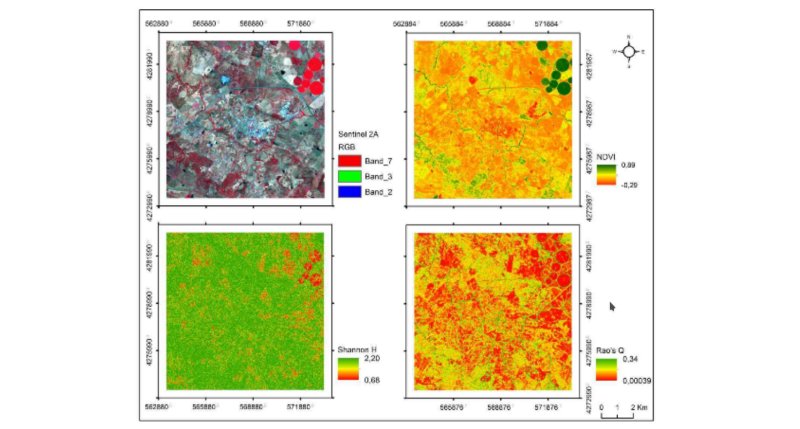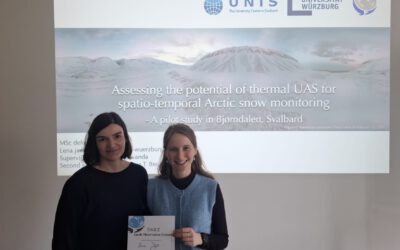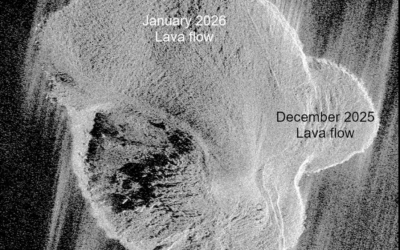Another article lead by Duccio Rocchini was published on “Measuring β-diversity by remote sensing: a challenge for biodiversity monitoring” in Methods in Ecology and Evolution. Collecting field data is difficult, especially when aiming at modelling biodiversity changes in space and time. This would assume statistically sound sampling schemes. Airborne or satellite remote sensing provide data over large areas, however many biodiversity maps obtained from earth observation have been based on the inference of species richness by regression analysis. Estimating compositional turnover (β-diversity) might add crucial information related to relative abundance of different species instead of just richness. This approach is further discussed in this article. The full article can be read in Methods in Ecology and Evolution.
Rocchini, D, Luque, S, Pettorelli, N et al. (2017) Measuring β-diversity by remote sensing: a challenge for biodiversity monitoring. Methods in Ecology and Evolution. ISSN 2041-210X (In Press)









